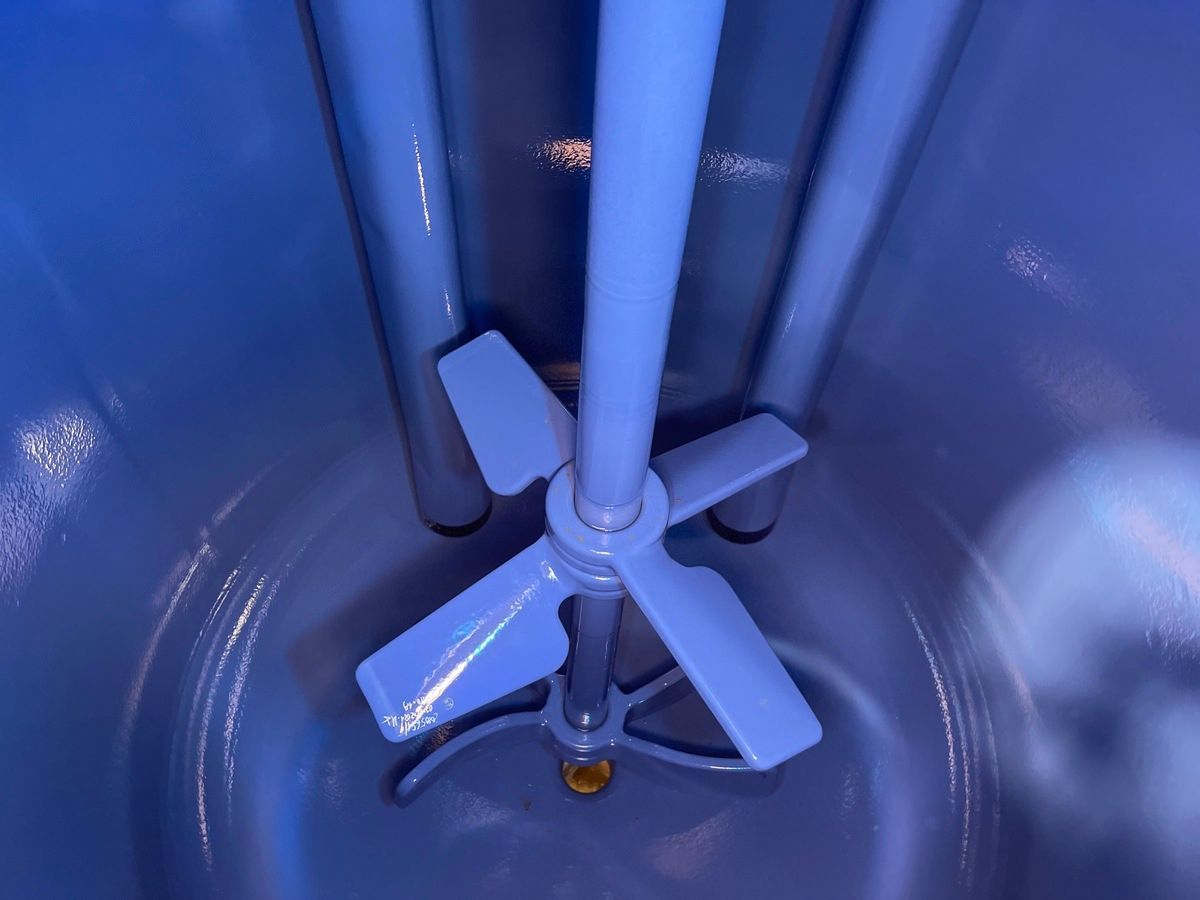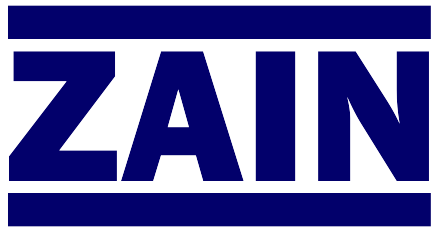A Closer Look at the Engineering Behind Glass-Lined Agitators
In industries like pharmaceuticals, chemicals, and food processing, even the smallest contamination or mechanical failure can disrupt operations. That’s why glass lined agitators have become a trusted solution, combining the strength of steel with the chemical resistance of glass. Their engineering is not only about durability but also about achieving precise mixing results in highly demanding environments.
In this article, we’ll take a closer look at the engineering behind glass lined agitators, exploring their design, materials, applications, and benefits for modern processing plants.
The Core Design of Glass Lined Agitators
At their foundation, glass lined agitators consist of a steel shaft and impeller coated with a specialized glass lining. This lining is fused to the metal at high temperatures, creating a strong bond that prevents corrosion and chemical attack.
Engineers carefully design the geometry of the agitator to maximize flow, shear, or dispersion depending on the application. From pitched-blade turbines to anchor impellers, each design is optimized for mixing performance while maintaining the protective properties of glass.

Why Glass Lining Is Essential
Glass lining provides a chemically inert surface, meaning it doesn’t react with acids, alkalis, or solvents. This is critical in industries like pharmaceuticals, where product purity directly affects safety and compliance.
In addition, the smooth, non-stick surface of glass minimizes residue buildup, making cleaning faster and reducing cross-contamination risks between production batches.
Strength Meets Resistance: The Fusion of Steel and Glass
A major engineering achievement in glass lined agitators is the fusion of two materials with very different properties. Steel provides the strength and structural integrity needed for mechanical mixing, while glass offers resistance to chemical attack.
The result is equipment that can withstand harsh environments without compromising performance. Advanced manufacturing techniques ensure that the glass lining adheres securely and maintains its integrity under mechanical stress.
Impeller Types and Their Applications
Different processes require different impeller designs, and glass lined agitators are no exception:
- Pitched-blade turbines: Ideal for blending and solid suspension.
- Anchor impellers: Designed for high-viscosity fluids.
- Rushton turbines: Common in gas-liquid dispersions.
By lining these impellers with glass, engineers ensure that each design retains its specialized functionality while resisting corrosion and contamination.
Heat and Pressure Considerations
Many chemical reactions involve extreme conditions. Glass lined agitators are engineered to perform under high temperatures and pressures, with linings designed to resist thermal expansion stresses.
Special care is taken to prevent cracks or defects that could compromise the equipment. Engineers often employ advanced testing methods to ensure reliability before deployment.
Durability and Maintenance Advantages
While glass may seem fragile, when properly engineered, glass lined agitators offer impressive durability. They resist abrasive wear better than many alloys and maintain performance over long operating cycles.
Maintenance is also simplified, as damage can often be repaired with specialized patching or resurfacing techniques, avoiding the need for full replacement. For ongoing care, services like Glass Inspection & Repair ensure long-term reliability.
Applications in the Chemical Industry
Glass lined agitators are widely used in acidic and alkaline reactions, polymerization, and crystallization processes. Their inert surfaces allow for high-purity outcomes even in aggressive chemical environments.
For instance, in pharmaceutical production, they ensure compliance with strict regulatory standards by preventing contamination and ensuring batch consistency.
Comparing Glass Lined Agitators to Stainless Steel
While stainless steel agitators are common, they are susceptible to corrosion in certain conditions. Glass lined agitators outperform when working with highly corrosive chemicals or when absolute product purity is required.
This makes them the preferred choice in specialty chemicals, pharmaceuticals, and food-grade applications, where safety and integrity are top priorities.
Engineering Challenges and Innovations
Designing and manufacturing glass lined agitators requires overcoming challenges such as matching thermal expansion rates, ensuring even glass coating, and preventing weak points at edges and welds.
Recent innovations include advanced coatings, improved bonding techniques, and computer-aided designs that maximize both durability and mixing efficiency.
The Value of Glass Lined Agitators
Glass lined agitators represent a unique engineering achievement—bringing together the mechanical strength of steel with the chemical resistance of glass. They provide unmatched advantages in industries where corrosion resistance, product purity, and long-term durability are essential.
For companies considering upgrades or replacements, investing in glass lined agitators is a step toward safer, more efficient, and more reliable operations. Reach out to ZAIN Industrial today to learn how these solutions can be tailored to your specific needs.

